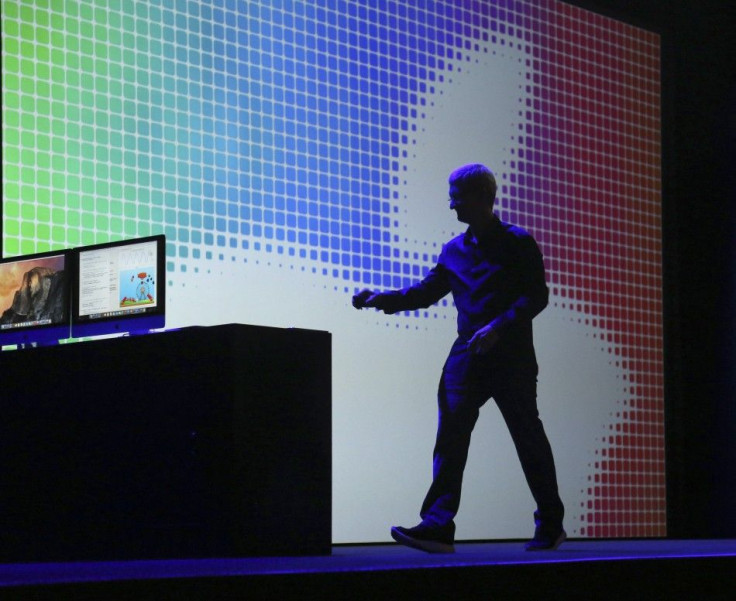Apple iOS 8 vs Android 4.5//5.0 Lollipop: Android Should Come Up with Better Tricks

Once Apple finished with its Worldwide Developers Conference, one thing became clear: iOS 8 wants to take Android's open "exclusivity" away. Android will no longer be the only flexible interface around. Apple made it apparent that it has been exerting great effort in turning the iOS into a more open mobile operating system - friendlier to developers. A more open iOS meant user apps can interact better with each other and third party apps can maximize the fingerprint sensor and TouchID functions on the Apple's iPhone.
Apple's more open platform poses a threat to Android. As Apple's apps become more open to third party developers, Android users lose the exclusivity to a more customizable and flexible mobile operating system. Apple can replicate the experience through its interface. The promise of bigger and more iPhone options, 4.7 inches and 5.5 inches, emphasize Apple's increasing efforts to match Android.
According to Venture Beat, Android has attracted consumers because of its highly customizable and open nature. The platform offers a range of devices including a wide variety of screen options even larger units. It has maintained an edge over Apple because Apple kept to itself. This time, it appears Google has to come up with other tricks as Apple has made a move on offering similar functionalities and options. Android users may find iOS more appealing once iOS 8 is released.
Macworld also discusses why an open iOS may be more appealing eventually. For example, the iOS 8 will come with Interactive Notifications. This means users can now reply to messages or emails through their notifications. The interactivity also goes beyond Apple apps but also to third party programs. It is easier to respond to app prompts. Users no longer have to close or leave applications.
Android KitKat offers similar functionality because the OS still requires people to close their programs before they can respond. While Android got first dibs on the technology, Macworld points out that Apple promises better implementation. Apple has also devised a way to allow the desktop OS and the mobile OS to function seamlessly together. The latest "continuity" feature from Apple allows people to transfer documents from their Mac to their iPhones. It is also possible to call using the Mac if the iPhone device is far from the user's reach. The continuity that Apple offers with its new iOS may drive users away from Android.
Google's I/O is just a week away. The market has to wait if Google got something up its sleeves to compete with Apple's recent promises.




















